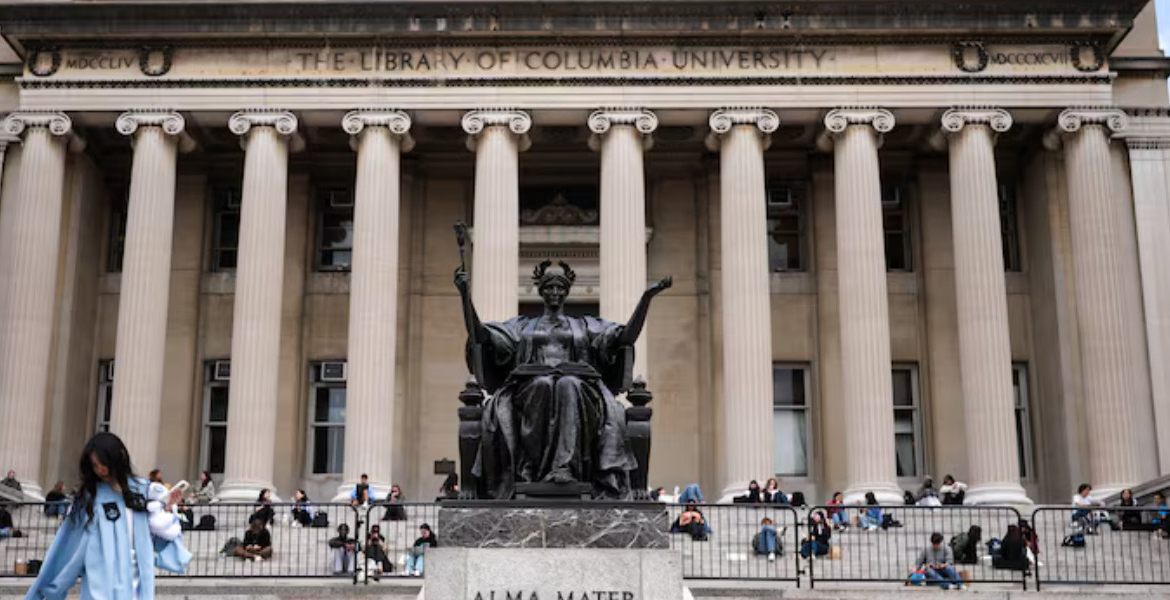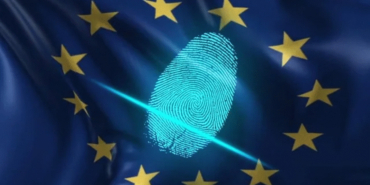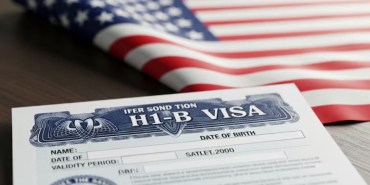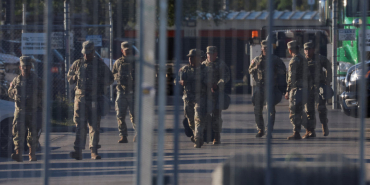Court Blocks Trump Administration's International Student Visa Cancellation Policy

A federal judge in California has issued a nationwide injunction, effectively halting the Trump administration's efforts to revoke the legal immigration status of international students.
The ruling delivers a significant blow to the administration's policy, which threatened to impact thousands of foreign-born scholars pursuing higher education in the United States. US District Judge Jeffrey White of the Northern District of California found that the administration's actions to terminate student records within the Student and Exchange Visitor Information System (SEVIS) were unlawful. The judge cited violations of rule-making procedures and arbitrary enforcement, leaving students vulnerable to deportation. The abrupt policy shifts had created uncertainty and undermined the ability of international students to continue their studies in the US.
The legal dispute revolves around the administration's campaign to modify SEVIS records, which track the enrollment and immigration status of students attending US colleges and universities. Critics argue that these actions amounted to a sweeping manoeuvre to jeopardise the visas of foreign students, making them eligible for deportation with little warning. The administration temporarily walked back its plan last month amid mounting legal challenges. Still, Judge White ruled that without an injunction, officials could again terminate student records without notice.
In his ruling, Judge White stated that the administration's actions had "wreaked havoc" on the lives of international students and violated basic legal principles. He further indicated that students challenging these terminations had strong legal grounds, emphasising that the administration likely "exceeded their authority and acted arbitrarily and capriciously." The SEVIS system, overseen by the Department of Homeland Security (DHS), serves as a critical database that enables universities and federal officials to manage student visa records.
However, beginning in April, the Trump administration had systematically cancelled thousands of SEVIS entries, placing students in a precarious position. The mass cancellations disproportionately affected individuals with prior legal infractions—some of them minor violations like driving under the influence—but also extended to students with no criminal history, raising concerns about overreach. Judge White's decision bars the administration from continuing these terminations, preventing officials from altering immigration statuses or transferring plaintiffs in ongoing legal challenges to different jurisdictions.
Additionally, his ruling prohibits any federal efforts to arrest or detain foreign-born students solely based on their immigration records while the case proceeds. The administration defended its actions as necessary to restore "common sense" to the student visa system, arguing that prior policies enabled abuses. DHS Assistant Secretary Tricia McLaughlin described the court's decision as an obstruction to executive authority, stating, "Today's ruling delays justice and seeks to kneecap the President's constitutionally vested powers under Article II." She added that the government expects a higher court to overturn the ruling, asserting, "We have the law, the facts, and common sense on our side."
The Department of Justice declined to comment. Despite the administration's insistence that an injunction was unnecessary, citing recent efforts to reinstate some terminated records, Judge White rejected that claim. He pointed to a pattern of government reversals, likening the situation to a "game of whack-a-mole" where officials make abrupt policy shifts in response to legal challenges rather than following a consistent regulatory framework.
The Trump administration's aggressive measures against international students have sparked widespread concerns among educators, immigration advocates, and legal experts. Universities and colleges across the country have expressed alarm over the disruption caused by the mass cancellations, emphasising the critical role international students play in academic institutions and the broader US economy.
Many students had successfully challenged the terminations on an individual basis, securing temporary reinstatements. However, Judge White's ruling marks the first instance of nationwide relief, preventing further disruptions for thousands of affected individuals.
Immigration attorneys have praised the decision, arguing that it restores procedural fairness and ensures that the administration adheres to legal constraints in its enforcement efforts. The controversy over student visa revocations is unfolding amid heightened scrutiny of international student activism. The administration has sought to justify its policies partly by referencing concerns over alleged antisemitism on college campuses, a claim that has drawn mixed reactions from policy analysts. Meanwhile, revelations about federal surveillance efforts have added to the unease surrounding the administration's actions.
At an April court hearing, DHS disclosed that officials had used a database run by the FBI, the National Crime Information Centre, to conduct extensive background checks on 1.3 million foreign students. The system relies on voluntary reporting from local and state agencies, raising questions about its reliability. Immigration attorneys argue that students whose legal cases had been dismissed or resolved could still face status revocations due to incomplete or outdated information in the database.
The legal battle over student visa enforcement is expected to continue in higher courts, where the Trump administration may seek to overturn the injunction. For now, Judge White's ruling ensures that international students across the US will not be subject to abrupt terminations, allowing them to pursue their education without fear of immediate removal.








Add new comment